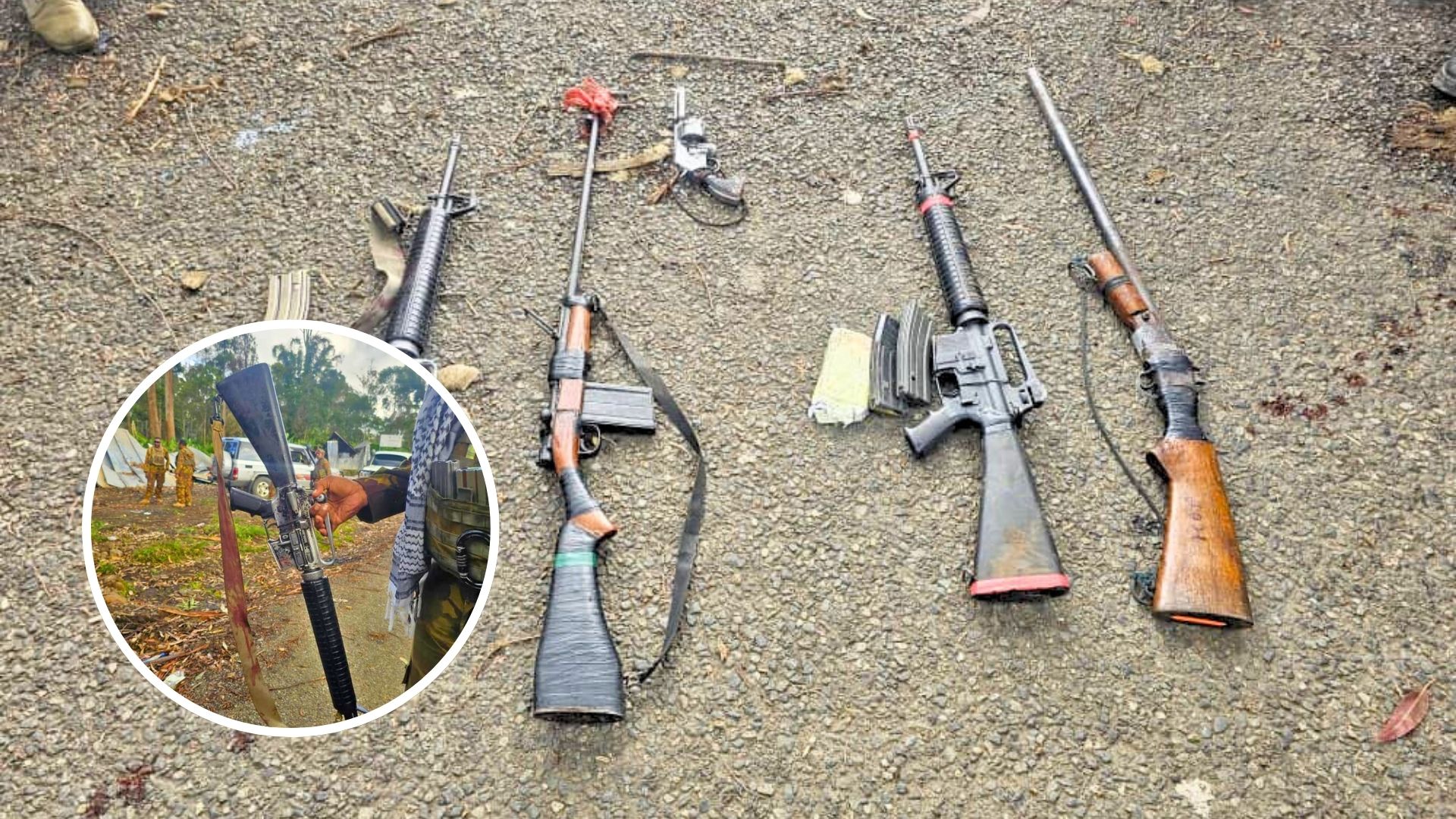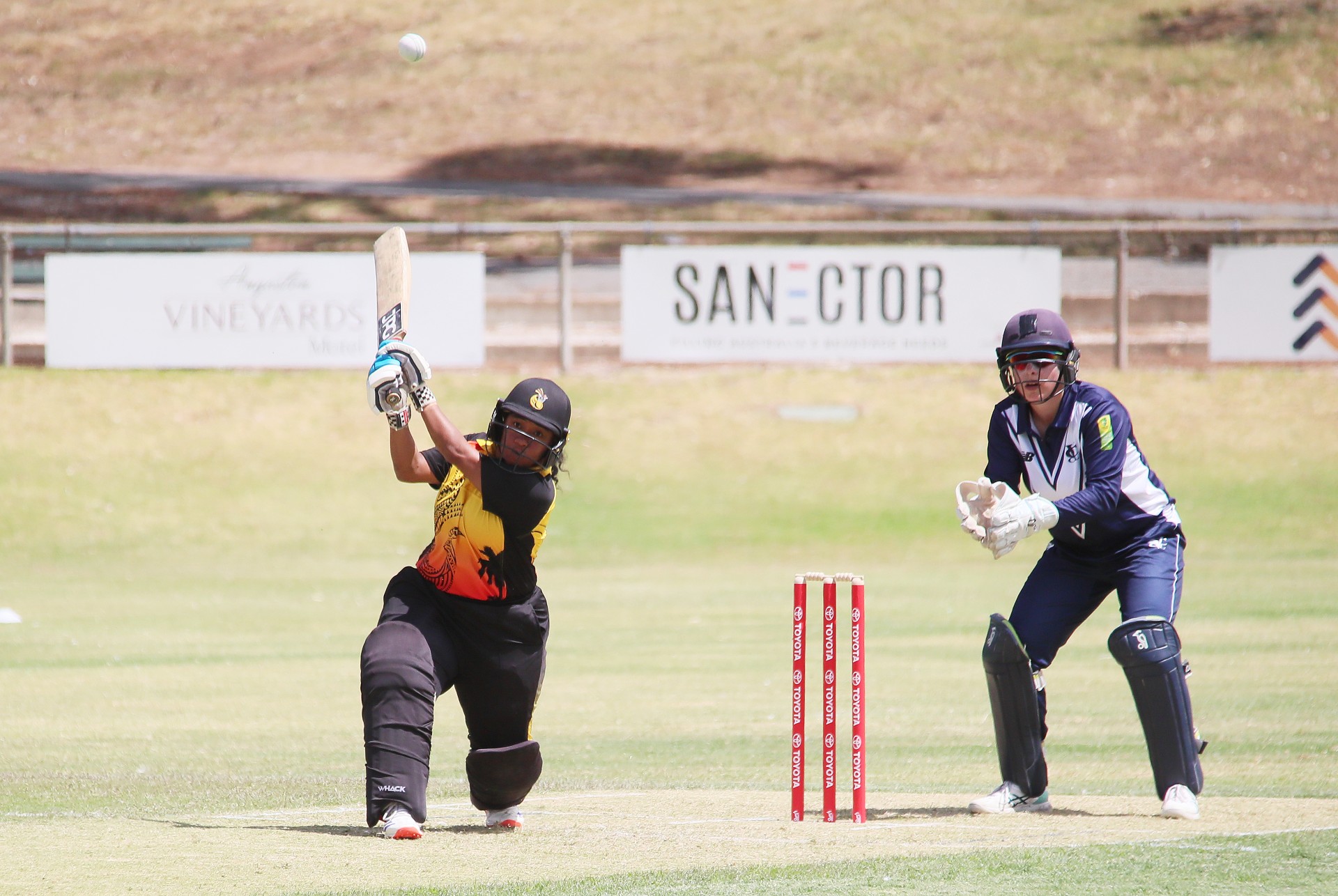NEWS
10th APMF CONFERENCE FOCUSES ON CLIMATE & ENVIRONMENTAL MEDIATION
![]() By Joshua ARLO |
August 19, 2024
By Joshua ARLO |
August 19, 2024

Related News
LATEST NEWS



